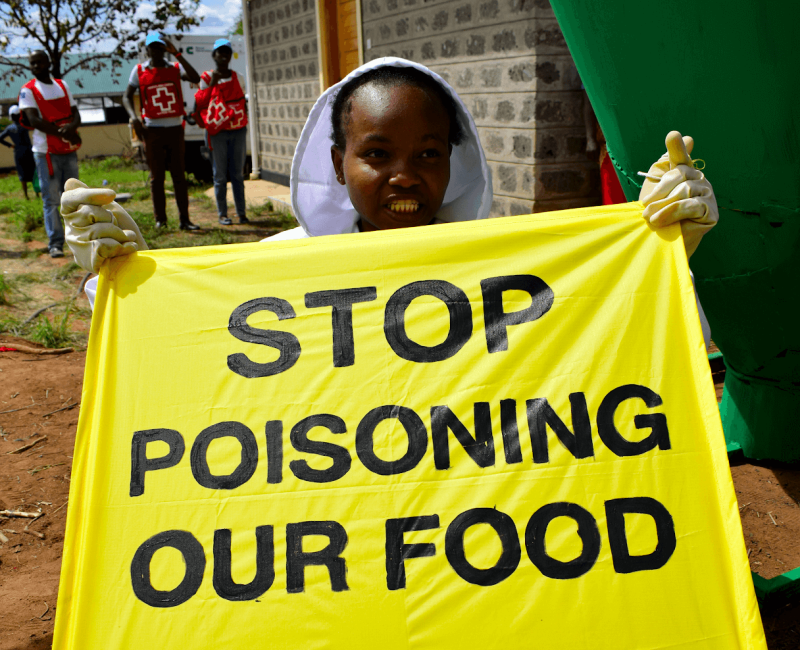It is hard to remember any decision that posed harm to Kenya as much as the recommendation before Parliament that it adopts the European Union’s (EU) policies on agricultural inputs and phases them out. It would be most disastrous and could cost us 20 per cent of our entire GDP, and countless lives.
There is nothing about the recommendation by Parliamentary Health Committee to indicate it has examined the policies it wants to be introduced, or understood them, or assessed the impact on Kenya.
…
The committee has, instead, recommended that Kenya sets aside the risk assessment methods used globally and the standards set by the World Health Organisation and the United Nation’s Food and Agricultural Organisation to ban any product that is banned in the EU.
What the committee does not appear to know is that Europe has abandoned science-based assessments.
The EU policy needs examining before we adopt it. If we do so we lose most of our controls on malarial mosquitoes, 80 per cent of our tomatoes, which account for 1/8th of all our vegetable production, as well as around 70 per cent of our maize, nearly all our wheat, most of our potatoes, and over half our coffee production.































